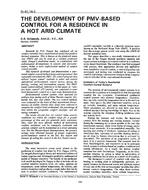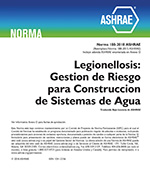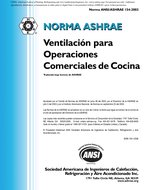Description
Describes a case-study demonstration of the use of the Fanger thermal sensation equation and expert system techniques to control comfort in a residence in the desert Southwest. The residence was first equipped with sensors, then appropriate devices and appliances were installed to control comfort, a control algorithm was developed, and testing was conducted to compare the comfort and energy consumption obtained from computer control with that of the conventional thermostat. The results showed that, for comfort index control, conditions are within the comfort range for a greater percentage of time and are generally more consistent. Also, since the most efficient method of maintaining comfort conditions can be constantly evaluated and selected, comfort can be maintained at a lower operating cost. For the Phoenix-based demonstration, the greatest savings were obtained because of proper evaporative cooler/ventilator control in the hot, dry season and because of ceiling fan control in the hot, humid season.
KEYWORDS: housing, domestic, deserts, calculating, sensors, microcomputers, controls, thermal comfort, predictive controls, expert systems, heating, cooling, thermostats, comparing, case studies, costs
Citation: Symposium, ASHRAE Trans. 1991, vol.97, part 2
Product Details
- Published:
- 1991
- File Size:
- 1 file , 2.3 MB
- Product Code(s):
- D-18335




